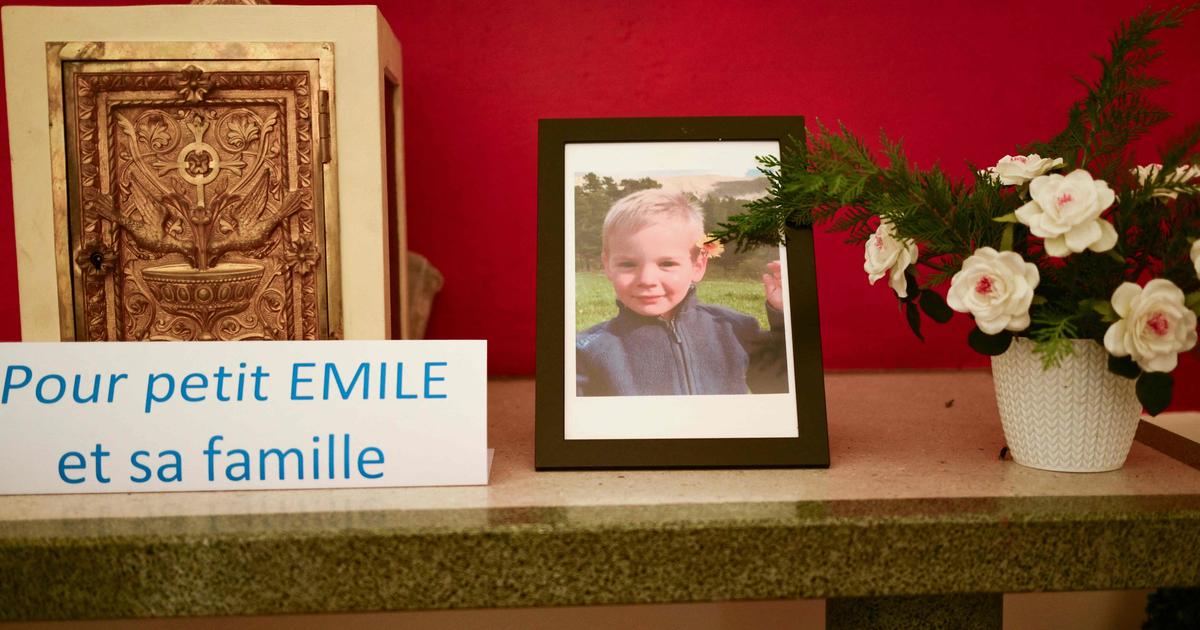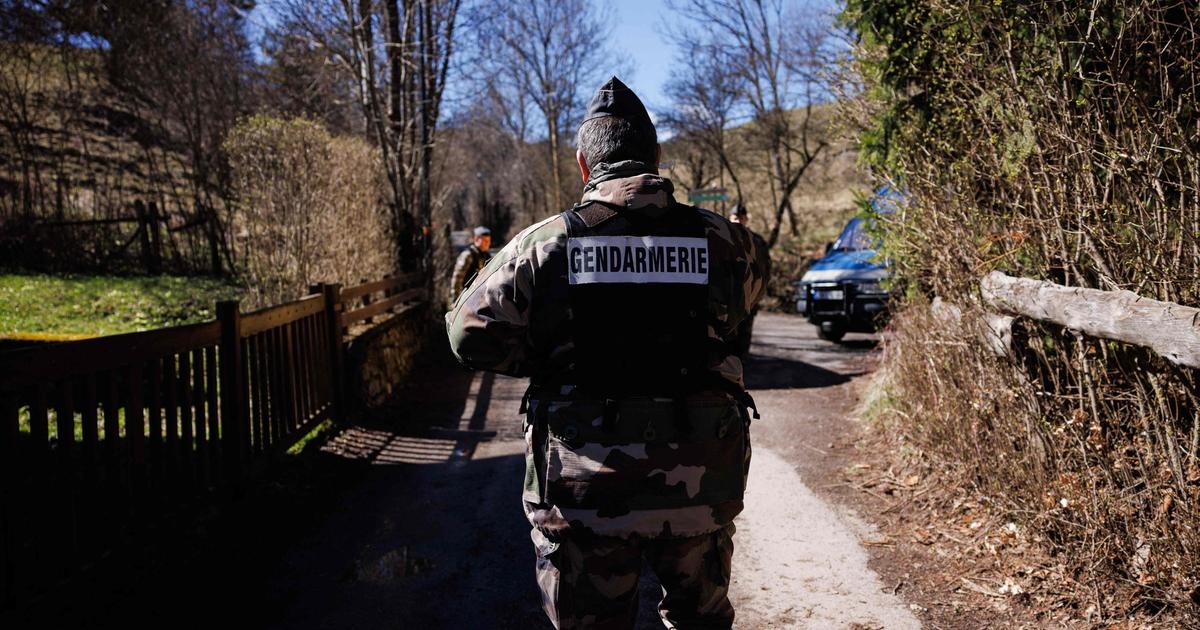It has now been a little over eight months since Esther Dingley has given any sign of life.
This 37-year-old British hiker had undertaken at the end of November 2020 a hike of several days alone in the Pyrenees, between the Port of Gléré and that of Vénasque, on the Franco-Spanish border.
After a last selfie sent to her companion on November 22, the young woman had not given any more news.
To read also: "A small voice told me to leave": who are the voluntary disappearances and why do they choose to evaporate in nature?
Thursday, July 22, the affair had a new twist with the discovery, by a couple of Spanish hikers, of human remains in the area of Benasque, on the Spanish side.
Information reported by Spanish radio
Huesca and
confirmed this Tuesday in
Le Figaro
by the gendarmerie group of Occitanie
.
Among the bones unearthed, a skull, which there is no doubt that it is a human skull.
“
After a careful search of the area, other bones were discovered.
However, no clothing or business was found in the area,
”said Colonel of the gendarmerie Xavier Wargnier.
Ongoing analyzes
If, at this stage, the body has not been formally identified, several elements suggest that it could be that of Esther Dingley.
The sector, first of all, which corresponds to that of the route that the young woman would have taken at the time of her disappearance, in the immediate vicinity of the Port de la Gléré.
It should also be noted that
"no other disappearance in the area has been reported on the French and Spanish side"
, according to Colonel Wargnier.
According to several sources close to the investigation in Spain, "
the skull could correspond to that of Esther Dingley by the color and the length of the hair
" also reported the Spanish radio.
To read also: Hiker disappeared in the Pyrenees: a month later, the thesis of the accident is privileged
On the French side, caution is in order.
"The bones may have been recently moved by animals,"
recalls Colonel Wargnier, who is careful not to draw too hasty conclusions.
DNA and morphological analyzes to verify whether the bones found are those of the missing hiker are in progress.
In this context, the French investigators asked Esther Dingley's family to give them a dental x-ray of the young woman as well as a DNA sample.
"The research has now been so long and so intense, that as far as I am concerned the probability of an accident is now lower than the probability of a criminal act"
Dan Colgate, Esther Dingley's companion, in a BBC interview.
On Facebook, the organization LBT Global, which takes care of the families of the missing, said that the hiker had been informed of the discovery.
The organization called for "
urgent clarification
".
Last June, Esther's mother moved to the Pyrenees to try to find her daughter.
Read also: Disappearance of Lucas Tronche: the bones found are those of the teenager
The alert for the disappearance of Esther Dingley was given on November 25, 2020 by her companion who remained in England.
Therefore, an investigation for worrying disappearance had been opened by the prosecution of Saint-Gaudens (Haute-Garonne) and entrusted to the gendarmerie of Saint-Gaudens.
In collaboration with the teams of the Guardia civil, the men of the Gendarmerie de Haute-Montagne (PGHM) platoon, supported by a dozen soldiers from the mountain group of the Saint-Gaudens company, but also by a helicopter, a drone and a dog team, had crisscrossed the search area, on the basis of the young woman's initial itinerary, without success to date.
Read also: Missing Boscodon: the bones discovered are those of Cédric Delahaie
While no lead has ever been ruled out, the hypothesis of an accident in the mountains has always been favored by investigators. A hypothesis in which Dan Colegate, Esther Dingley's companion no longer believes, he who has traveled more than 1000 kilometers in the Pyrenees in search of her. "
Although I have a deep respect for the capacities and the commitment of the police forces in France and Spain, it is an opinion with which I can no longer agree
", he confided in an interview with the BBC in mid-July.
“Esther wore high quality survival gear, she had everything she needed to stay warm and dry in much worse weather than she had known. Trails throughout the area are well marked and easy to follow, even in the dark. The telephone signal was good over a large part of its planned route, with the zone without signal only a few kilometers in radius, ”
he explained. He added that "
the research has now been so long and so intense, that as far as I am concerned, the probability of an accident is now lower than the probability of a criminal act
".















